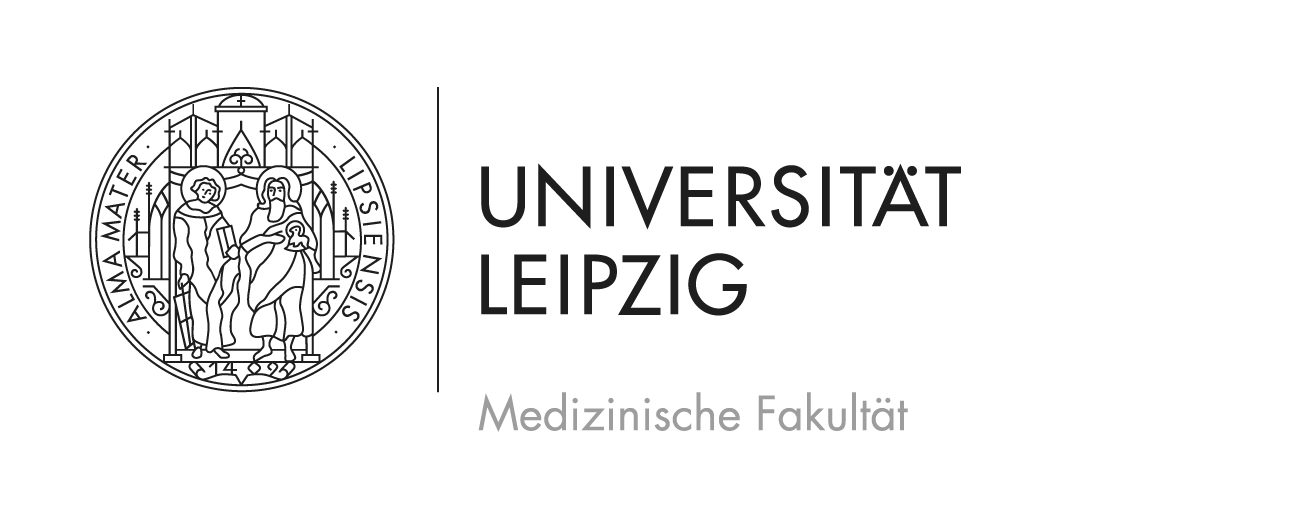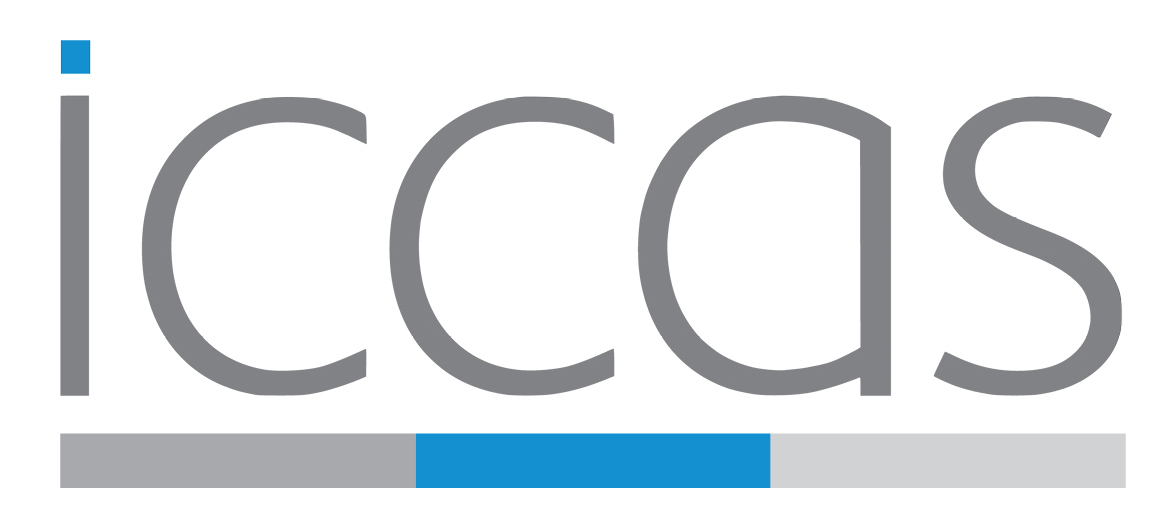


Sven.Martin@medizin.uni-leipzig.de
+49 341 97-12024
Mr. Sven Martin completed his studies in electrical engineering and information technology at the HTWK Leipzig in 2015. He began his professional career as a research assistant and development engineer and deepened his expertise in the fields of digital signal analysis, statistics and embedded systems. He worked for the Haptics Research Laboratory at Leipzig University as well as for the Geotechnics Group at HTWK Leipzig.
With several years of experience in the field of tactile research, Mr. Martin is currently working on his doctorate. His research topic includes tactile stimulation and the analysis of reaction times for the treatment of apnea-associated hypoxemia in premature infants.
Sven Martin joined the team of the Health Communication Lab at ICCAS at the beginning of 2024.
First authorship:
Martin, S.; Ackermann, B. W.; Thome, U. H.; Grunwald, M.; Mueller, S. M. (2023): Association of response time and intermittent hypoxemia in extremely preterm infants. Acta Paediatrica, 112(7), 1413-1421. Doi: 10.1111/apa.16766
Martin, S., Thome, U.H., Grunwald, M., Mueller, S.M. (2020). Light or Deep Pressure: Medical Staff Members Differ Extensively in Their Tactile Stimulation During Preterm Apnea. Front. Pediatr. 8:102. doi: 10.3389/fped.2020.00102
Co-authorship:
Butz, K.H.G., Mueller, S.M., Spille, J.L., Martin, S., Grunwald, M. (2022): Spontaneity matters! Network alterations before and after spontaneous and active facial self-touches: an EEG functional connectivity study. International Journal of Psychophysiology, 184, 28-38.
Mueller, S.M.; Ackermann, B.W.; Martin, S.; Seifert, K. Mohr, A.; Alali, W.; Thome, U.H.; Grunwald, M. (2022). Incidence of intermittent hypoxia increases during clinical care in extremely preterm infants. Neonatology, 120(1), 102–110. DOI: 10.1159/000527725
Spille, J.L., Grunwald, M., Martin, S., Mueller, S.M. (2022). The suppression of spontaneous face touch and resulting consequences on memory performance of high and low self-touching individuals, Scientific Reports, 12(1), 8637. Doi: 10.1038/s41598-022-12044-4
Spille, J. L., Mueller, S. M., Martin, S., & Grunwald, M. (2022). Cognitive and emotional regulation processes of spontaneous facial self-touch are activated in the first milliseconds of touch: Replication of previous EEG findings and further insights. Cognitive, Affective, & Behavioral Neuroscience, 22, 984–1000. https://doi.org/10.3758/s13415-022-00983-4
Spille, J.L., Martin, S., Grunwald, M., Mueller, S.M. (2021): Stop touching your face! A systematic review of triggers, characteristics, regulatory functions and neuro-physiology of facial self touch. Neuroscience and Biobehavioral Reviews, 128, 102-116.
Mueller, S., Martin, S. & Grunwald, M. (2019). Self-Touch: Contact durations and point of touch of spontaneous facial self-touches differ depending on cognitive and emotional load. PloS one, 14(3), e0213677. Doi: 10.1371/journal.pone.0213677
Mueller, S.M., Martin, S., Schwarz, M., Grunwald, M (2016). Temporal modulations of contact force during haptic surface exploration. PloS one, 11(4), e0152897